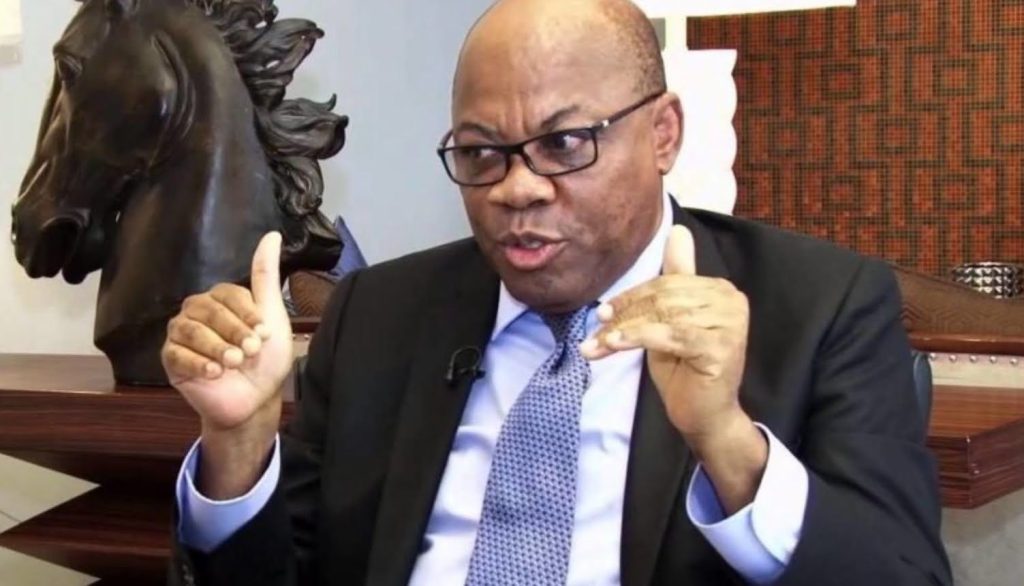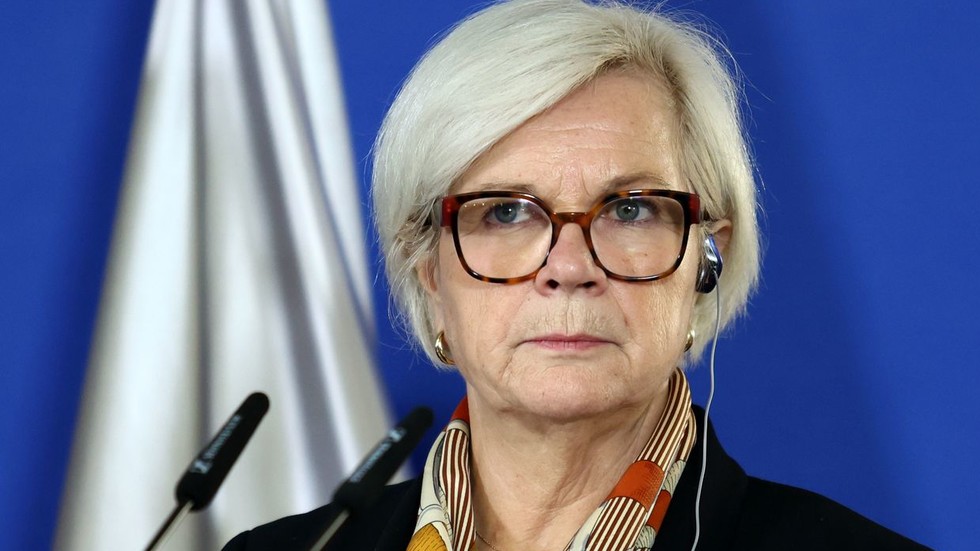The cost of air travel in Nigeria surged to an alarming average price of N79,013.48 in September 2023, according to the National Bureau of Statistics (NBS). This revelation was made in the recent Transport Fare Watch, which highlights the current state of transportation in the country.
In a disconcerting twist, this average airfare price remained unchanged from August 2023. However, in a year-on-year comparison, there was an unprecedented 8.70% increase from N72,690, which was recorded in September of the previous year.
The NBS report stated, “In air travel, the average fare paid by passengers for specified routes on a single journey amounted to N79,013.48 in September 2023. This figure shows no significant difference from the fare paid in the previous month. On a year-on-year basis, the fare rose by 8.70% from N72,690.54 in September 2022.”
These statistics reflect the harsh reality of the surging costs faced by air travellers in Nigeria. A glimpse into the market confirms the report, as it is evident that the average airfare for a single trip from Abuja to Lagos has skyrocketed to over N100,000.
The escalation in airfare prices raises concerns among Nigerians, as it poses significant challenges for both frequent travellers and the Nigerian tourism industry as a whole. As the prices soar, it becomes increasingly difficult for the average citizen to afford air travel, thus hindering their ability to explore the beauty and diversity of their own country.
Industry experts highlight several factors contributing to this alarming trend, such as the rising costs of aviation fuel, the devaluation of the Nigerian currency, and the high operating costs faced by airlines. These challenges are further exacerbated by limited competition and inadequate infrastructure.
The Nigerian government, in collaboration with relevant stakeholders in the aviation sector, must take urgent measures to address these issues and ensure that air travel remains accessible and affordable for all Nigerians. Failure to do so risks impeding economic growth, stifling tourism, and undermining the potential of this vital sector.
Efforts to improve the efficiency and affordability of air travel must include initiatives to attract more airline operators, invest in modern infrastructure, and explore partnerships to bolster competition and drive down costs. Additionally, strategic interventions such as offering incentives to airlines, streamlining administrative processes, and enhancing safety measures can go a long way in mitigating the challenges faced by the industry.
As Nigerians yearn for progress and inclusivity, it is imperative that their voices are heard and that concrete steps are taken to address the exorbitant airfare prices. Through collective action and proactive measures, Nigeria can pave the way for a more accessible and affordable air travel system, promising a brighter future for its citizens and the nation as a whole.



